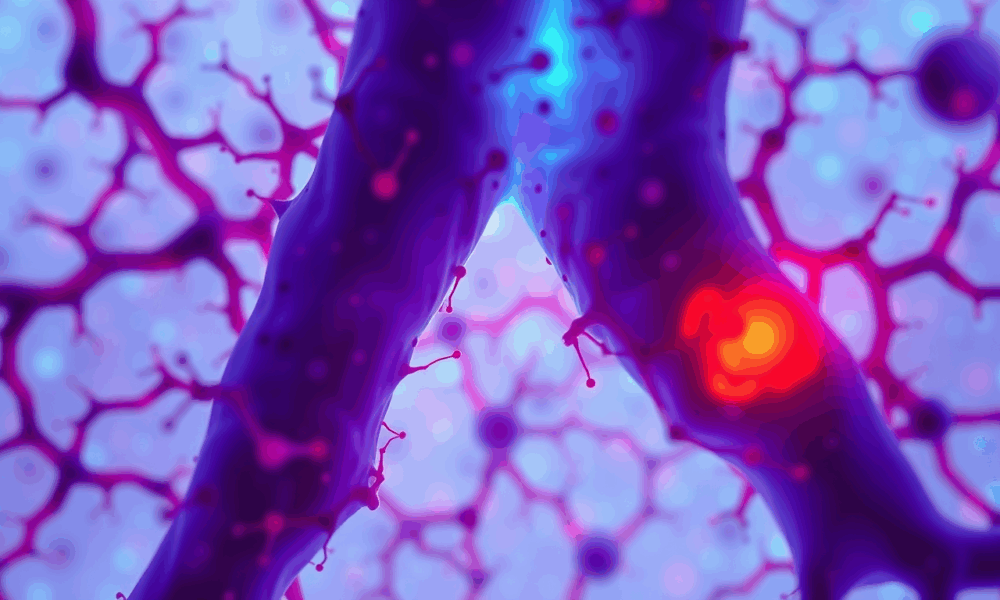
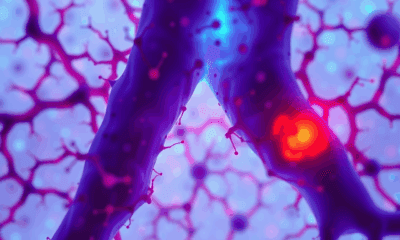

Researchers have shown that gonadotrophs, cells in the pituitary gland with a key role in puberty and reproduction, come from two different populations, with the majority...
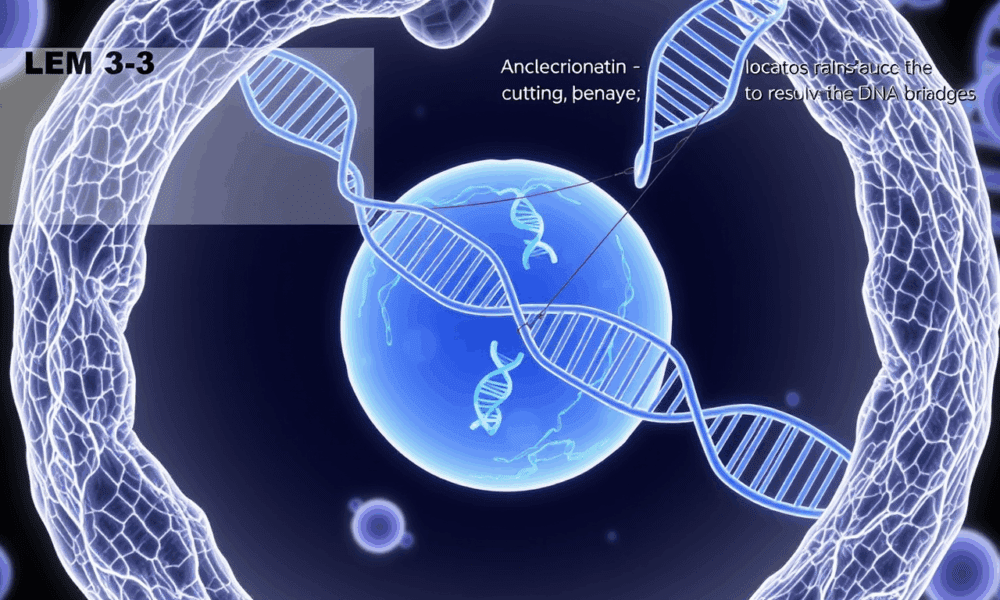
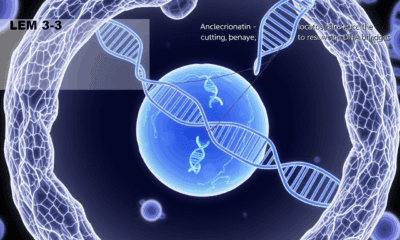

Scientists have elucidated the molecular mechanism by which LEM-3 cuts DNA bridges during cytokinesis.
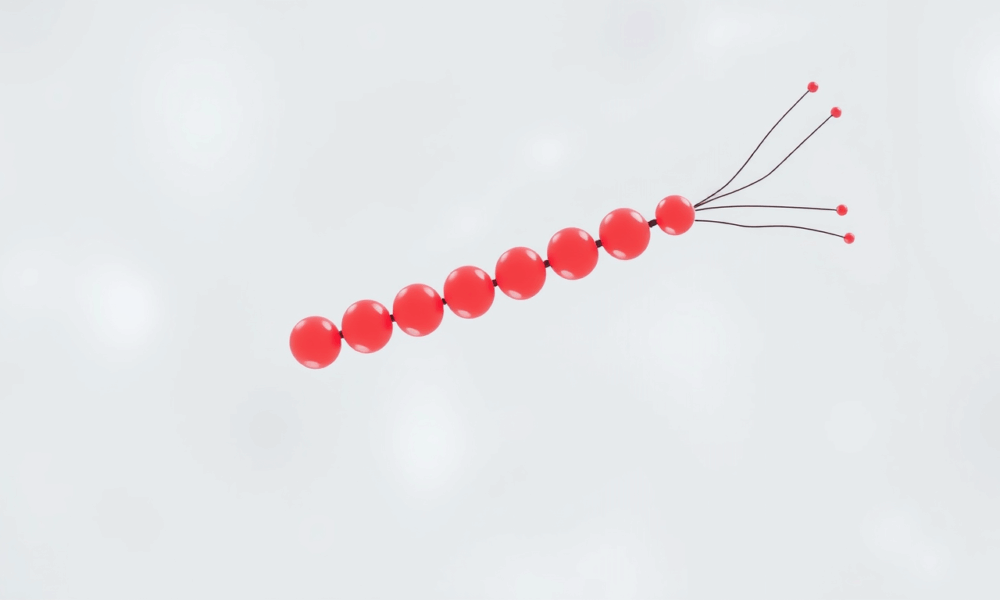
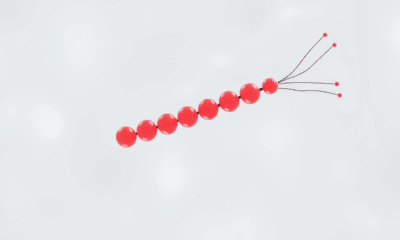

A team was able to show that swimming movements are possible even without a central control unit. This not only explains the behavior of microorganisms, it...
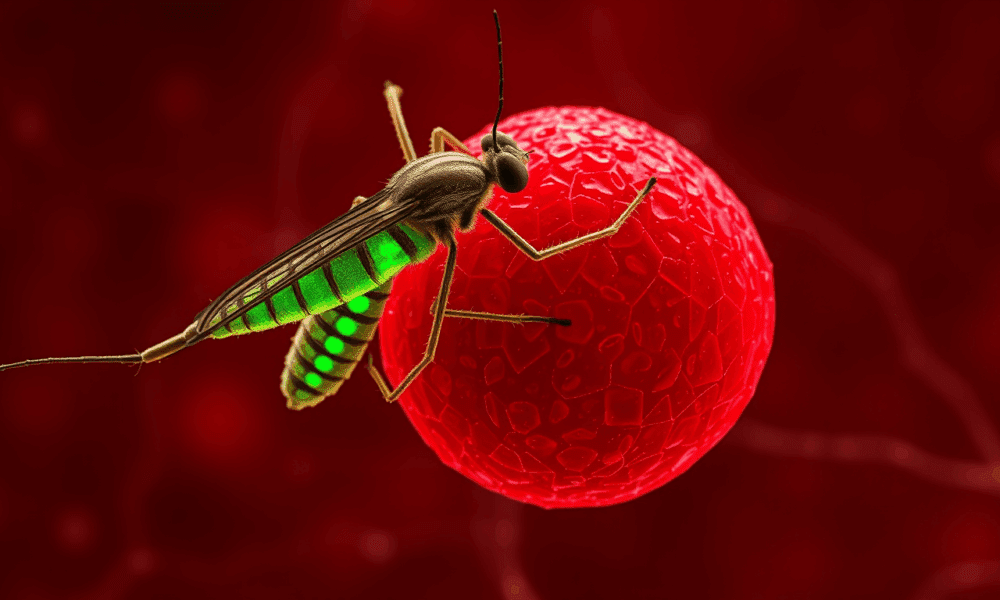
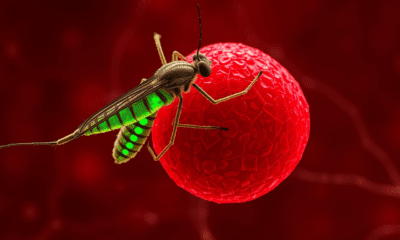

Researchers have discovered how a parasite that causes malaria when transmitted through a mosquito bite can hide from the body's immune system, sometimes for years. It...
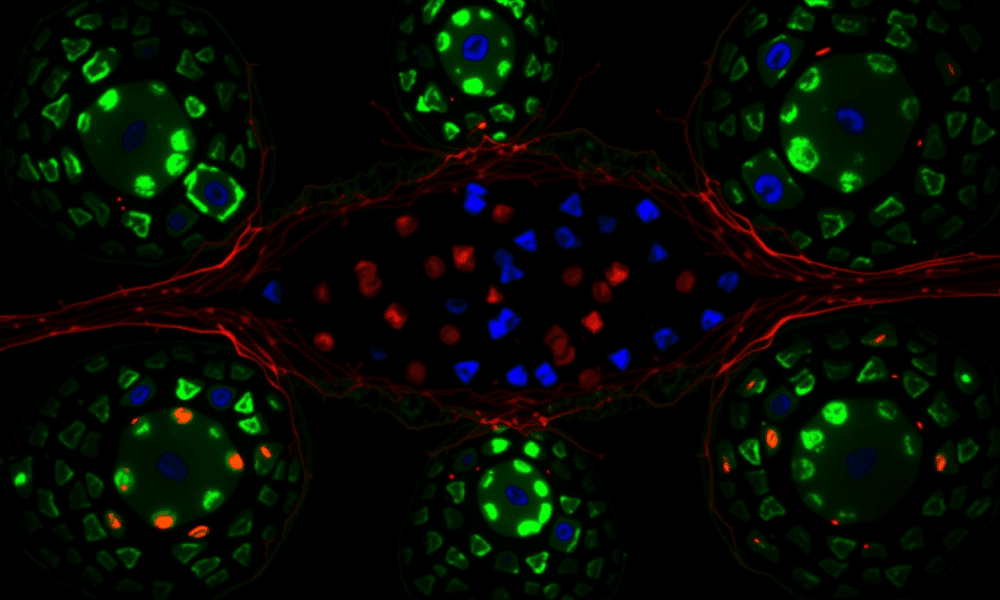
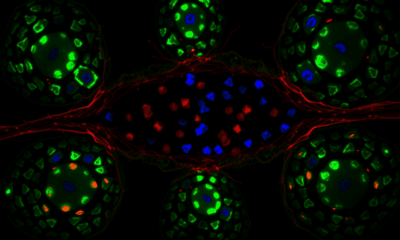

Research improves upon a popular experimental model of mammal development and in doing so, reveals more of the inner workings of a critical period during the...
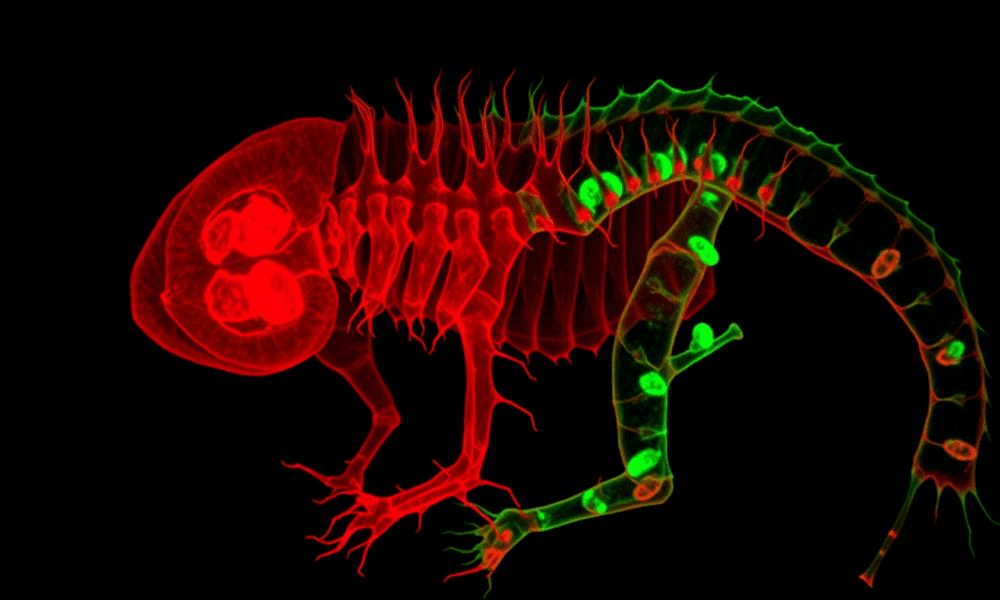
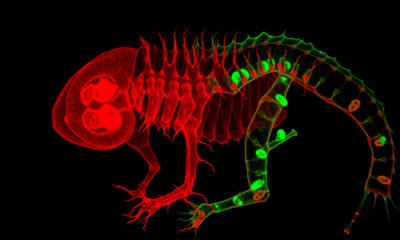

Using a new fluorescent mouse model with advanced imaging techniques, researchers have successfully visualized how musculoskeletal components are integrated into the functional locomotor system during embryonic...
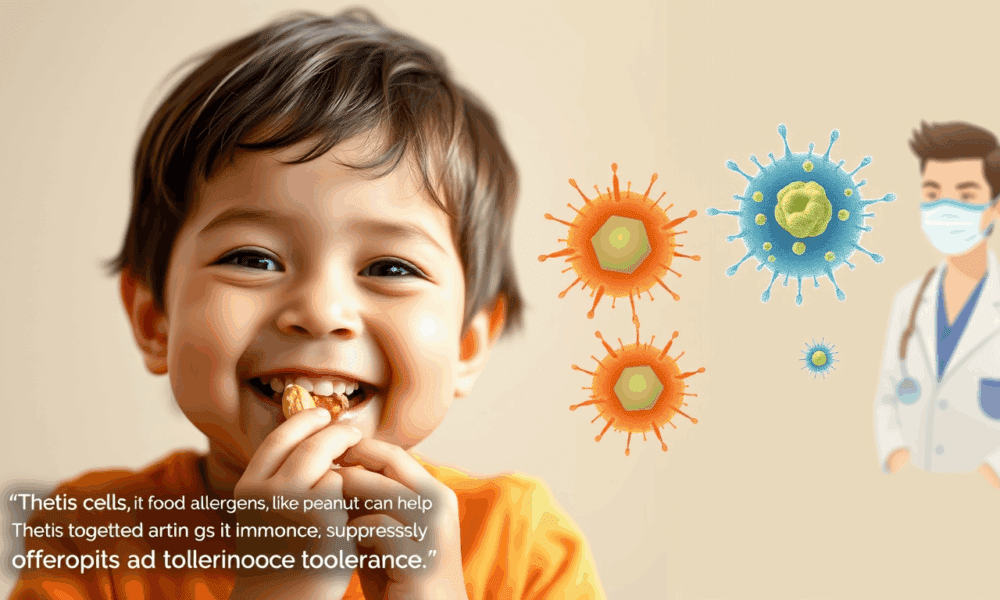


Thetis cells, a class of immune cells first described in 2022, play an essential and previously unknown role in suppressing inflammatory responses to food, a new...
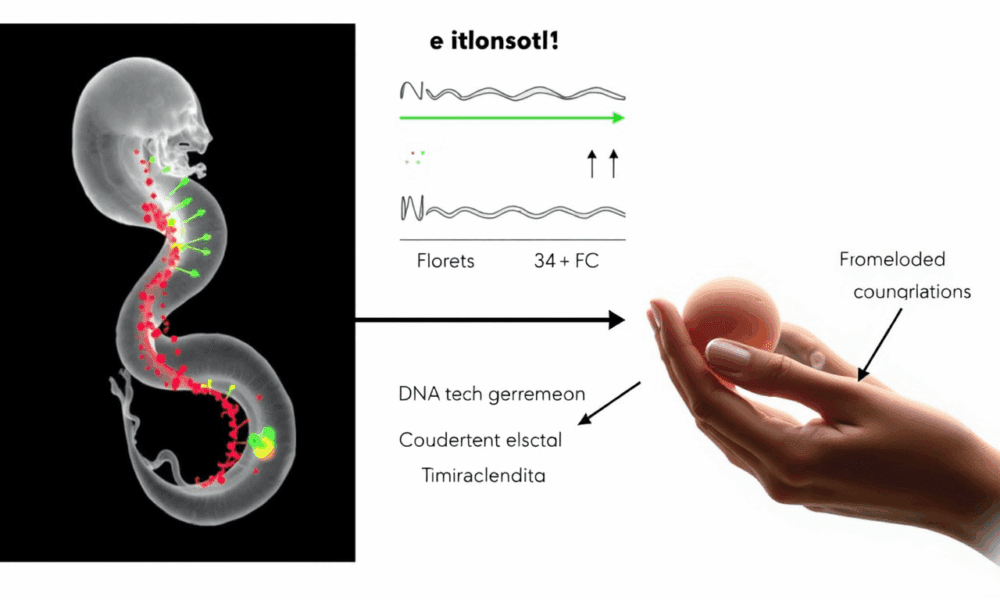
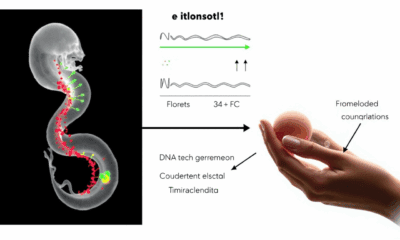

Researchers have revealed insight into why embryos erase a key epigenetic mark during early development, suggesting this may have evolved to help form a placenta.
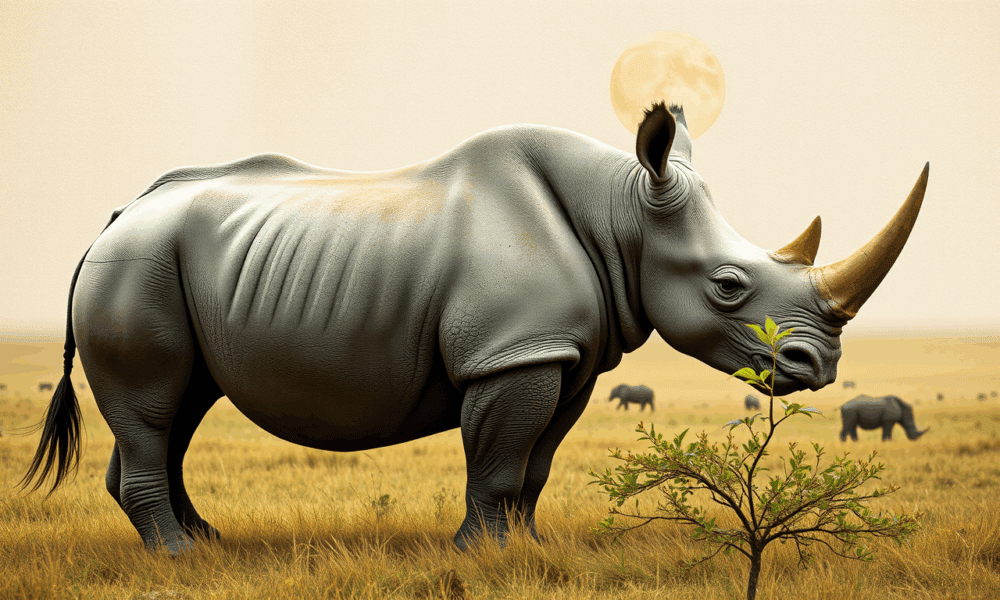
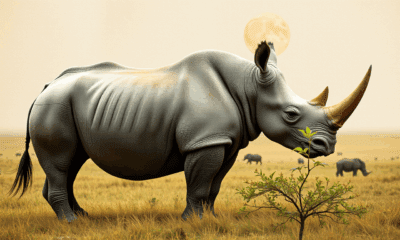

The northern white rhinoceros is one of the rarest animals on Earth, with just two females left and no natural way for the species to reproduce....
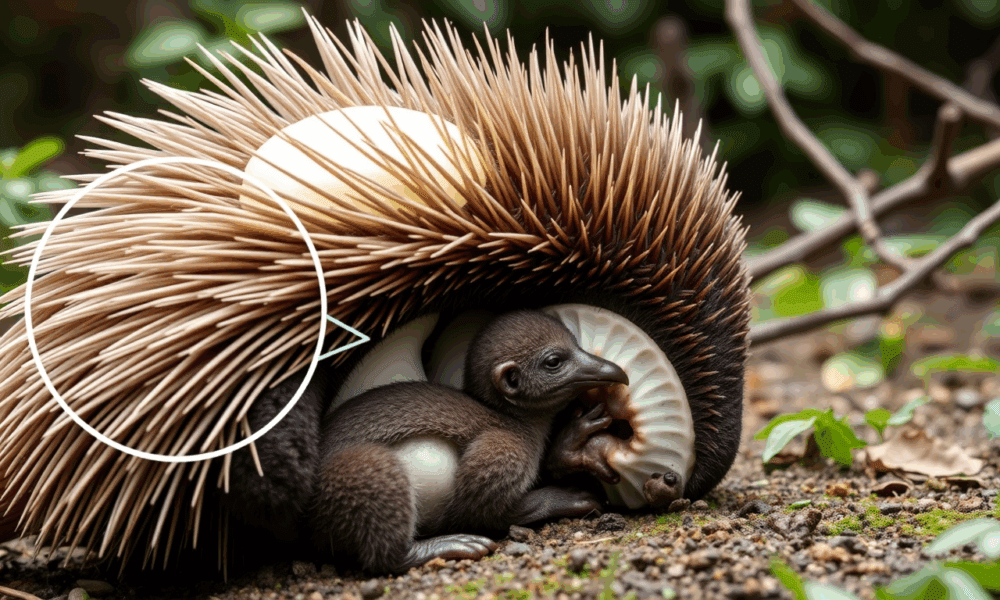
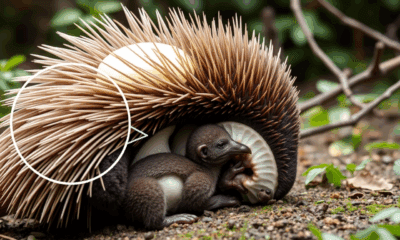

Research shows microbial communities in echidna pseudo-pouches undergo dramatic changes while the animal is lactating, which could help in creating an environment for their young, known...